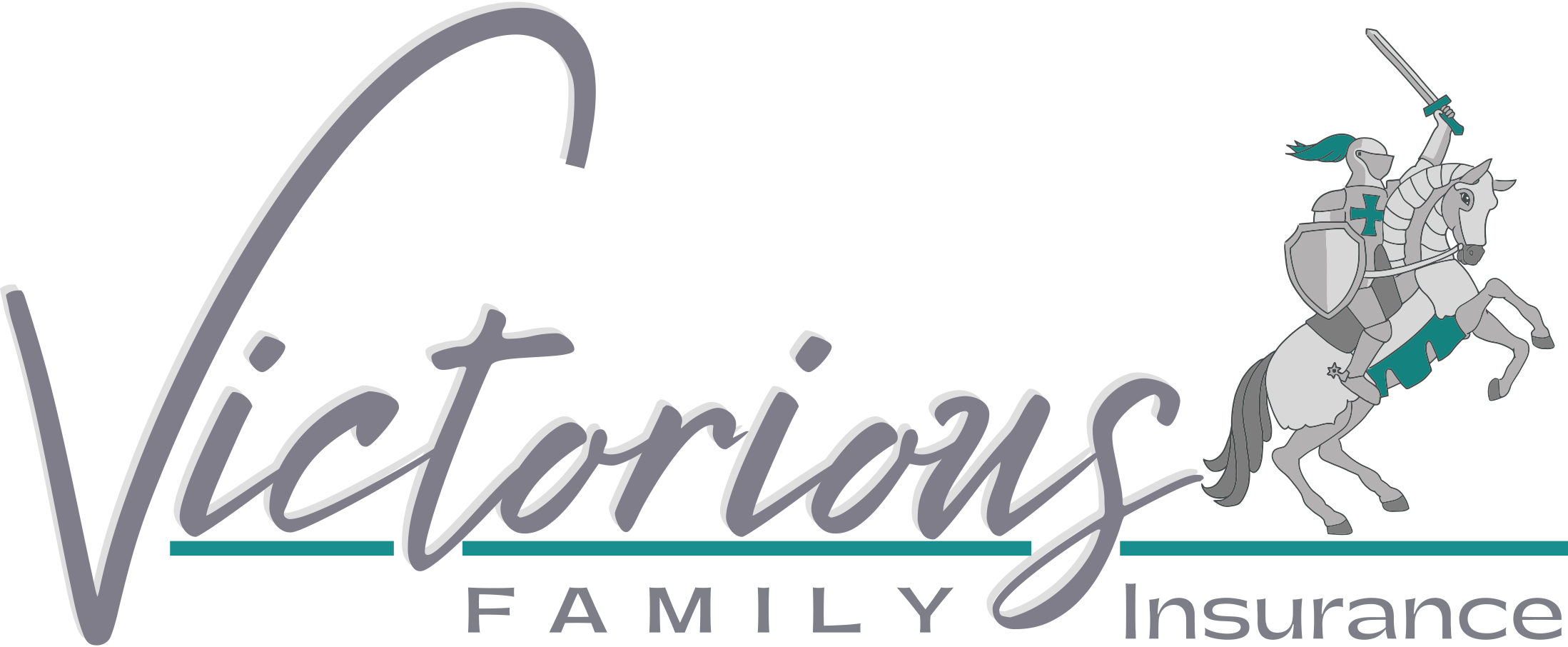For homeowners in Indiana, understanding the details of their policy is critical for adequate protection. Here are five common myths about homeowners insurance in Indiana.
Myth 1: My standard policy covers all natural disasters, including floods and earthquakes
Reality: Standard homeowners insurance policies specifically exclude damage caused by floods and earthquakes. Indiana residents, including those outside high-risk flood zones, must purchase separate flood insurance, often through the National Flood Insurance Program (NFIP). Likewise, earthquake coverage must be added as a separate policy or endorsement.
Myth 2: My coverage is based on my home’s market value
Reality: A common mistake is basing your coverage on your home’s market value, which includes the land. The correct approach is to insure for the home’s replacement cost—the amount it would cost to rebuild the house from the ground up using similar materials. Given fluctuating construction costs, a home’s replacement cost can differ significantly from its market value.
Myth 3: My personal belongings are covered at full replacement value
Reality: Many standard policies only cover personal property at its actual cash value (ACV), which is the replacement cost minus depreciation. If you have an ACV policy, you will not receive enough to replace your old, worn-out items with brand new ones. To receive the full replacement cost, you will need to purchase a replacement cost coverage rider.
Myth 4: I can expect my policy to cover mold remediation
Reality: Standard homeowners insurance does not cover mold damage resulting from ongoing issues like a long-term plumbing leak or high humidity. Coverage is limited to mold that results from a sudden, accidental, and covered peril, such as a burst pipe. In most cases, you would need to add an endorsement for broader mold coverage.
Myth 5: Damage from my at-home business is covered
Reality: Standard homeowners policies typically exclude business-related liability and damage to business property. If you run a business from your home, you will need a separate business insurance policy or a specific endorsement added to your homeowners insurance to be fully protected.
